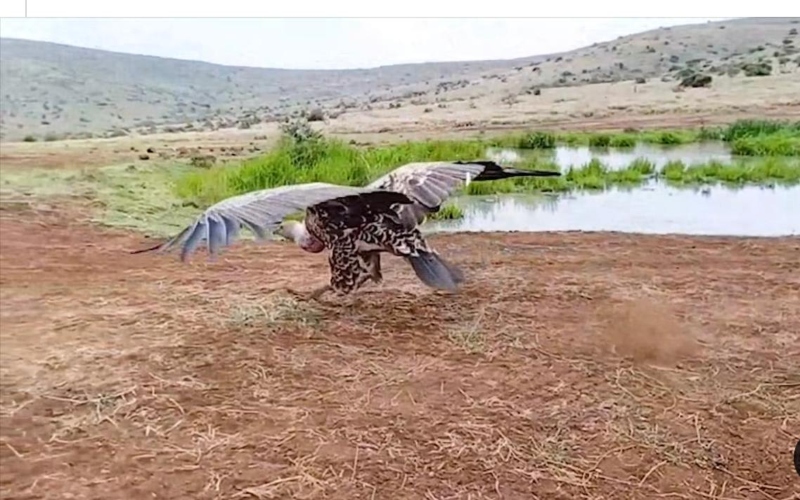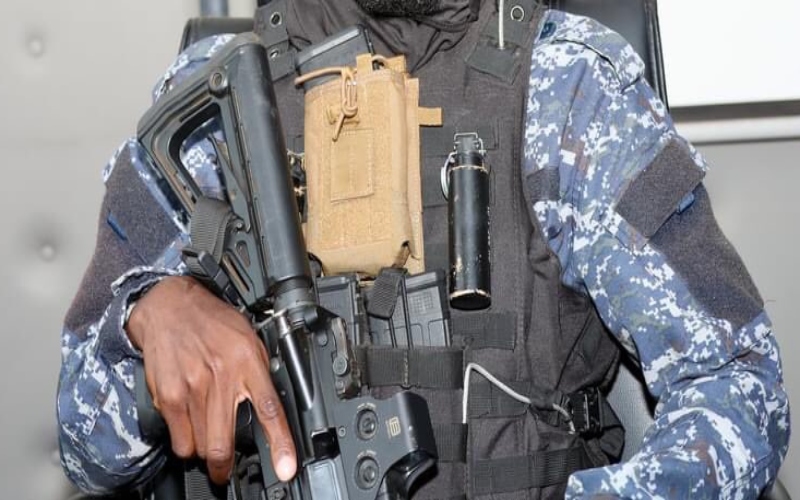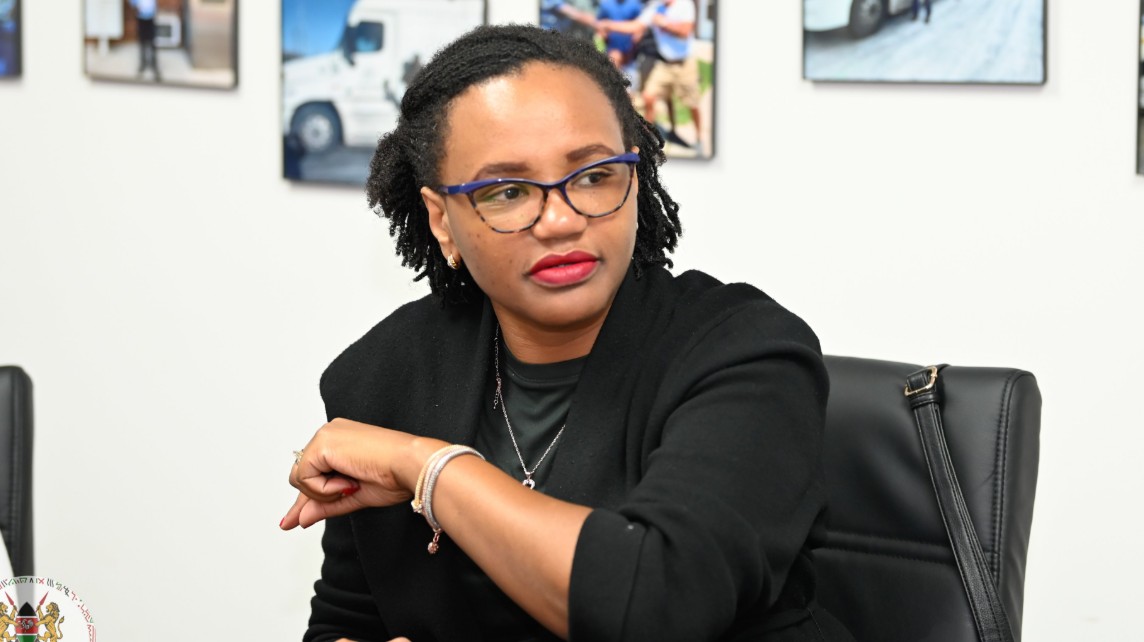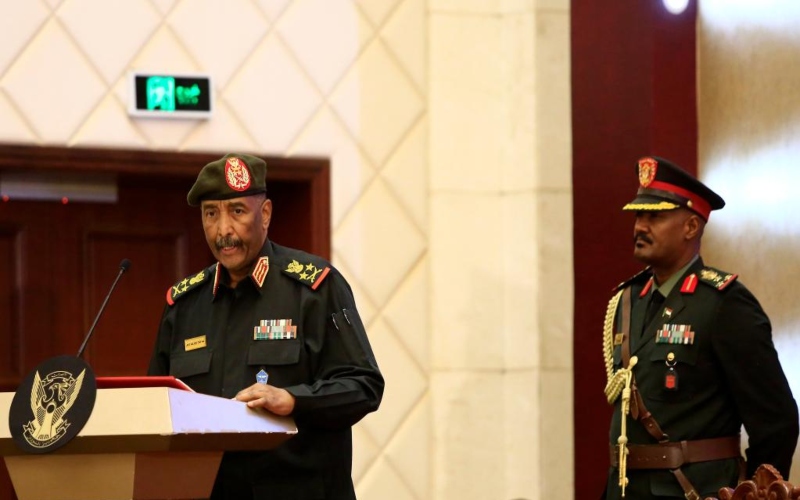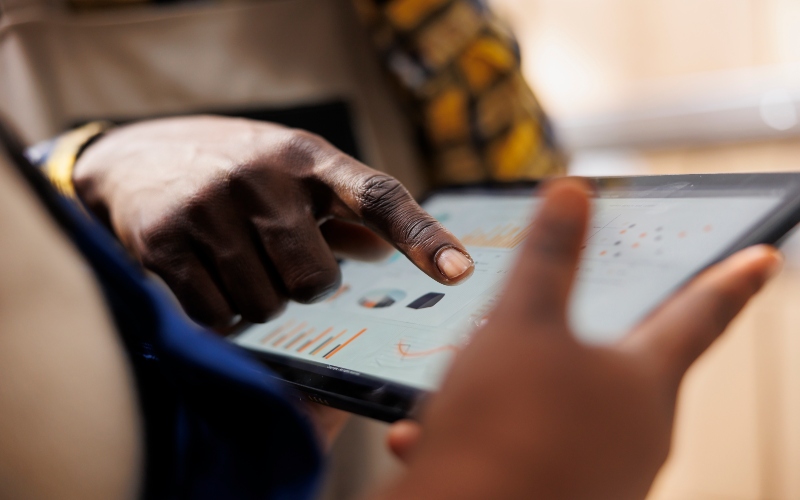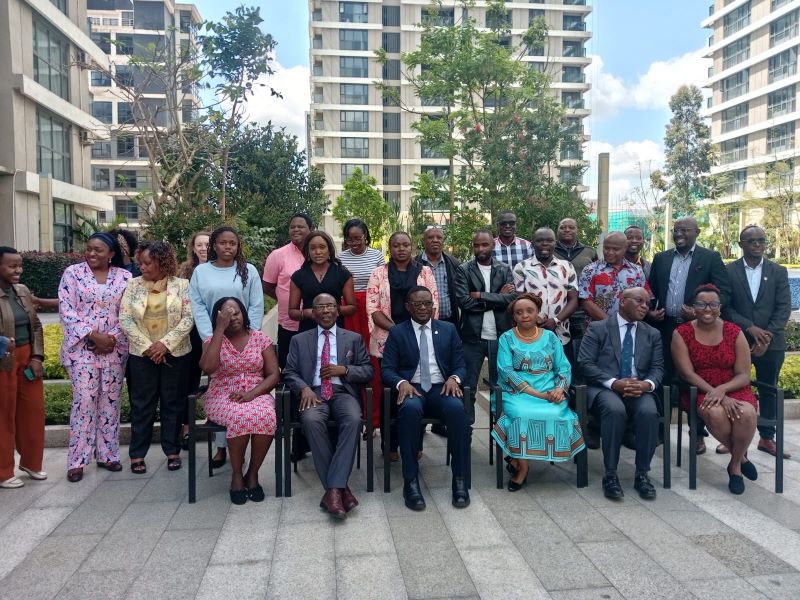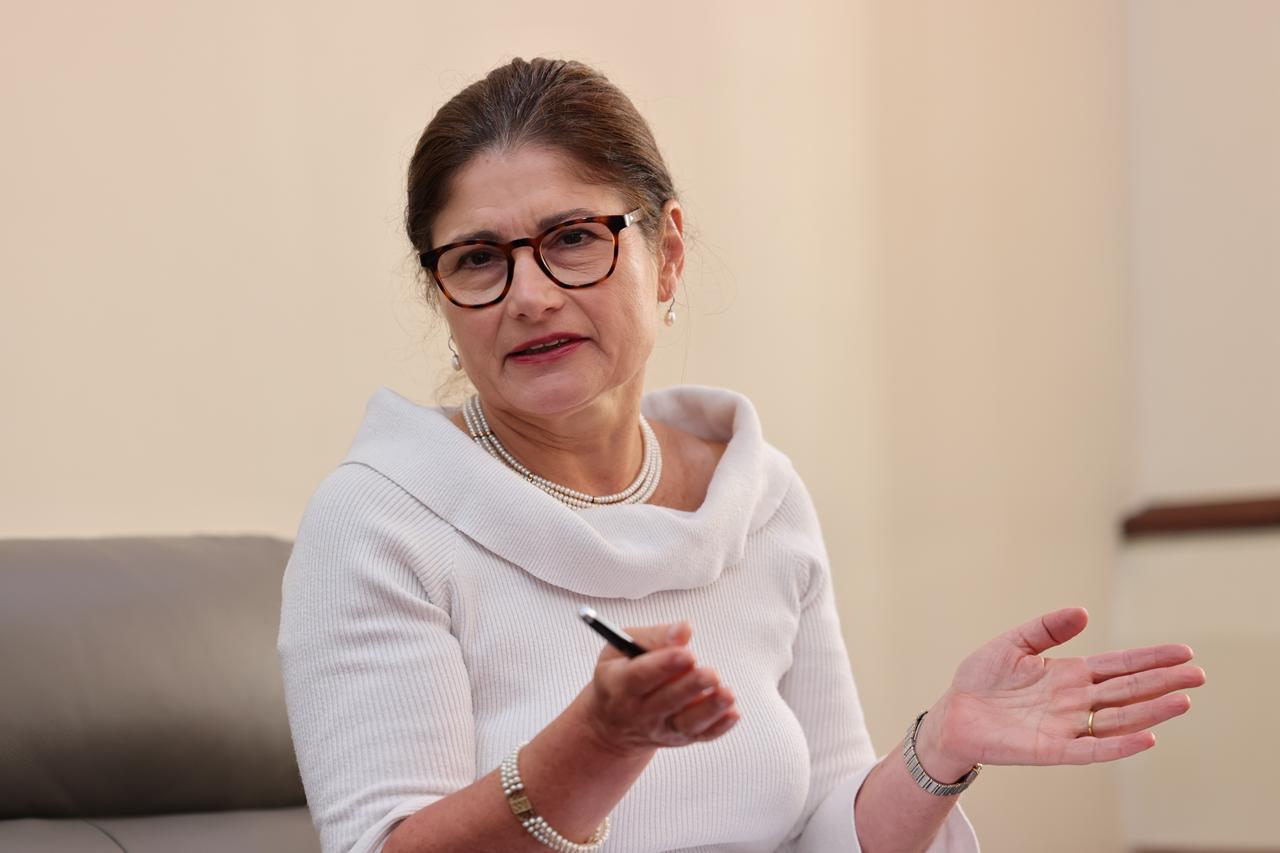US boosts Kenya's fight against weapons of mass destruction with specialised four-month training
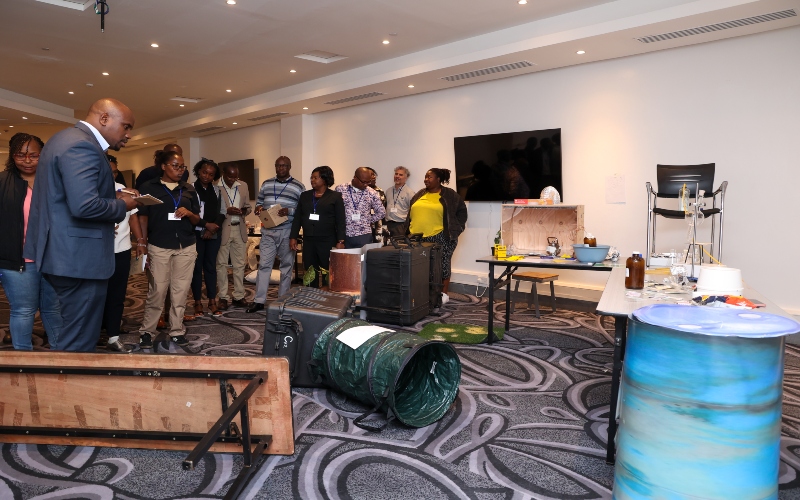
The United Nations Institute for Disarmament Research (UNIDIR) has called for transparency, human control, and agency in the application of emerging technologies to avoid an arms race.
Kenya has stepped up efforts to counter Weapons of Mass Destruction (WMDs) through a specialised four-month training programme for scientists, police, and court officials.
WMDs are capable of causing indiscriminate mass casualties and widespread destruction, with long-term environmental and health consequences. These include chemical, biological, radiological, nuclear, and explosive (CBRNE) threats.
More To Read
- How ATPU busted prominent lawyer over alleged terror financing linked to ISIS
- 31 new Peace Corps volunteers begin two-year service in Kenya
- African Union calls for respect of Nigeria’s sovereignty amid religious persecution claims
- Two more AK-47s surrendered as Elgeyo Marakwet disarmament drive nets 301 firearms
- Nigeria dismisses US claims about prosecution of Christians
- UNEP urges countries to submit project proposals to tackle hazardous chemicals
The training, which began in June, is a collaboration between the US Embassy in Nairobi and the Department of State's Bureau of Arms Control and Nonproliferation. It is part of a joint commitment to enhance national and regional security.
Participants, including law enforcement and forensic experts, were equipped to identify locations where hazardous materials might be produced or weaponised. They also learned to collect evidence, test dangerous substances, and implement strategies to prevent threats.
In September, the focus shifted from the laboratory to the courtroom, with a workshop on CBRNE prosecutions. Prosecutors, investigators, and judges discussed how strong scientific evidence can underpin effective justice.
Justice Alexander Muteti highlighted the need for impartiality, coordination, and public trust in terrorism-related cases, saying: "Cases are only as strong as the investigative foundation supporting them."
On her part, Susan Burns, the US Embassy Chargé d'Affaires, praised the training for fostering collaboration on cross-border cases.
"By bringing together scientists, investigators and prosecutors, we are building a system stronger than the sum of its parts. Kenya is not just protecting its own citizens, it is setting a standard for the region," she said.
The programme also included 'train-the-trainers' sessions designed to ensure the knowledge is passed on to colleagues nationwide.
A brief from the US Embassy stated: "The United States Embassy in Nairobi remains committed to working with Kenya to prevent the spread of weapons of mass destruction, strengthen justice, and build resilience against terrorism, advancing security and stability for both nations."
The United Nations Institute for Disarmament Research (UNIDIR) has urged transparency and human oversight in emerging technologies to prevent an arms race.
Its latest report advocates for using scientific advances to promote peace, sustainable development, human rights, and global equity.
"Member States should take national measures to counter the misuse of new technologies. Multilateral cooperation and adherence to international law must govern the full lifecycle of these technologies," the report recommended.
Top Stories Today


